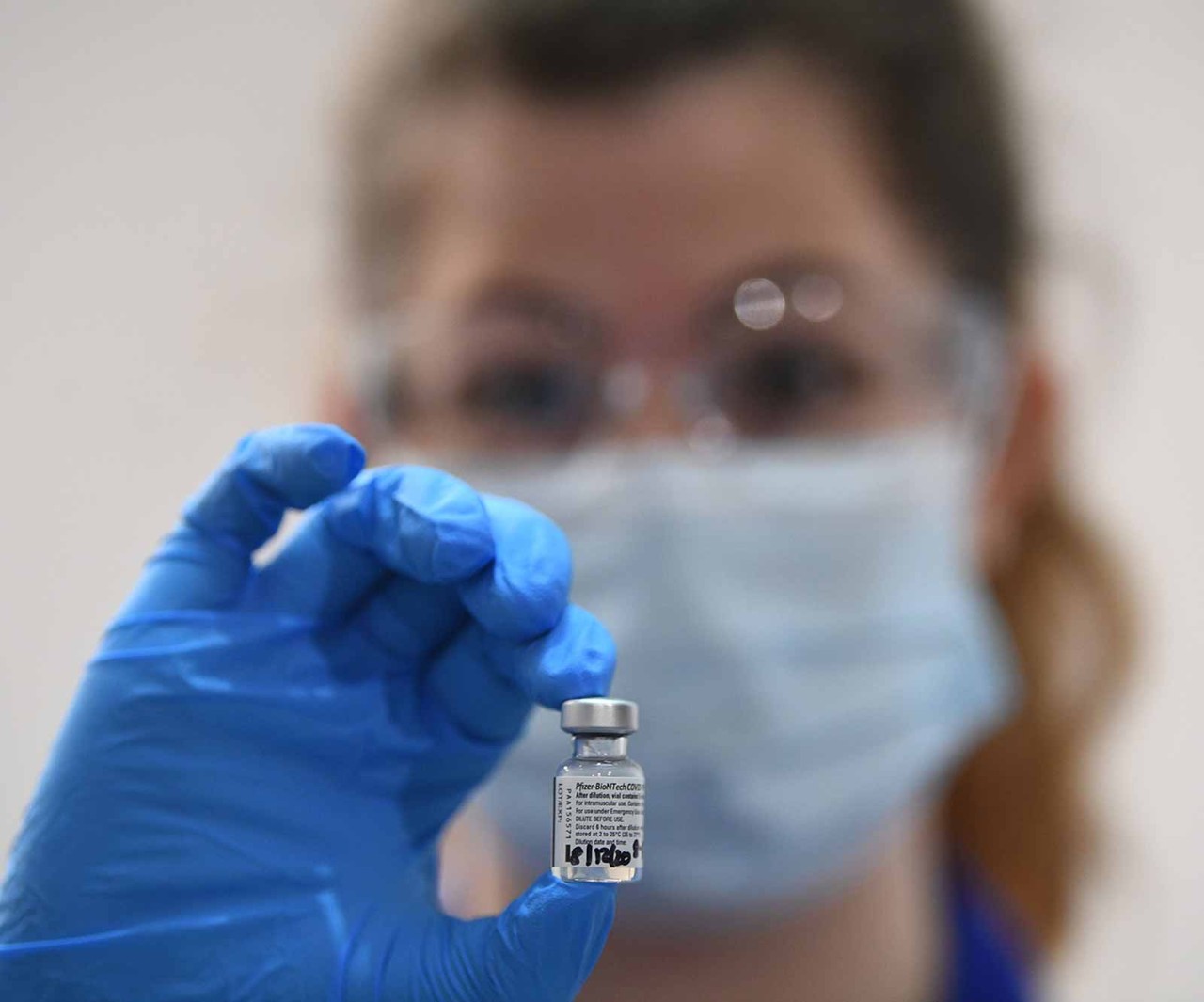
The success of the pharmaceutical sector and university researchers in developing highly effective vaccines for Covid-19 is arguably the best news we’ve received since the first wave of the pandemic disrupted our lives a year ago.
It is truly remarkable that not only have the vaccines been so speedily developed, but they have exceeded (at least as far as the initial data has shown) the level of efficacy needed to protect us.
It is also worthwhile remembering how we ended up with an outcome that involves billions of doses of the various vaccines ready to be deployed in 2021. In any normal drug trial, the brunt of the cost, which would run into billions of euros, would be borne by the pharmaceutical sector over a period of years before the drug finally went through the lengthy regulatory approval process.
In this case, though, governments – in particular the US government through a plan called Operation Warp Speed – channelled billions of dollars to the pharma industry for research and development as well as manufacturing capacity. At the same time the regulatory process was speeded up by scrutinising trials as they were happening.
Concerted effort
The success demonstrates that, armed with a singular focus, multiple organs of state and private industry can come together to solve problems with lightning speed. It also begs the question of what the outcomes would be for other problems we face in society, the global economy and business if a similar effort were put into solving them.

The vaccine success demonstrates that multiple organs of state and private industry can come together to solve problems with lightning speed
The issue that comes to mind for urgent attention is how to tackle climate change. I’ve no doubt that were it not for the pandemic, we would be spending much more of our time assessing the looming crisis we face in the coming years and how to avert it.
Climate action is not the preserve of states or businesses to solve independently. We can sometimes forget that whole swathes of our economy are in for enormous upheaval in the years ahead. Everything – agriculture, food production, energy, transport, manufacturing, construction and much more – will be shaken to the core if we are to prevent global temperatures from rising.
Multilateral approach
The level of investment needed will be unprecedented, as will the potential changes in how we live. Setting detailed timelines, using public money alongside private investment and taking a multilateral approach rather than individual countries acting alone is perhaps the template to follow.
In the pre-Covid world, getting a coordinated approach to any issue proved difficult. Just a year ago it would have been easy to knock the suggestion of something like Operation Warp Speed as the solution for the other challenges we face. And many people assumed a vaccine for Covid-19 would take years to come through.
It would be a shame if we let this crisis go to waste in terms of finding solutions to our other problems.





